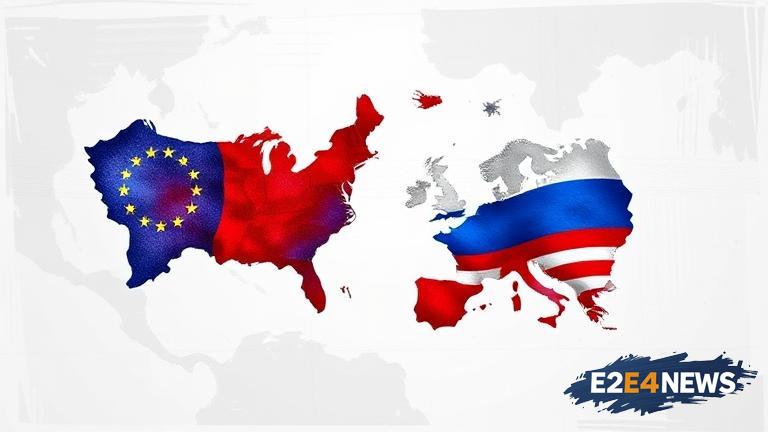The European Union and the United States have been imposing sanctions on Russia since 2014, but despite these measures, both regions continue to import significant amounts of Russian goods. The EU has been criticized for its inconsistent approach to sanctions, with some member states continuing to trade with Russia while others have imposed stricter measures. The US has also been accused of hypocrisy, as it continues to import Russian goods such as oil and gas, while imposing sanctions on other countries that trade with Russia. India has been a particular target of US criticism, with the US accusing India of undermining the effectiveness of sanctions by continuing to purchase Russian oil. However, India has defended its decision to purchase Russian oil, citing its need to secure affordable energy supplies. The Indian government has argued that it is not violating any international sanctions and that its purchases of Russian oil are legitimate. The US has also been critical of China’s trade relationships with Russia, with the US accusing China of providing a lifeline to the Russian economy. However, China has denied these allegations, stating that its trade with Russia is normal and legitimate. The EU has also been criticized for its failure to impose stricter sanctions on Russia, with some member states arguing that the sanctions are having a disproportionate impact on European businesses. The Russian government has welcomed the continued trade with the EU and US, stating that it is a sign of the effectiveness of its diplomatic efforts. Despite the tensions, trade between the EU and Russia has continued to grow, with the EU remaining one of Russia’s largest trading partners. The US has also continued to import significant amounts of Russian goods, including oil, gas, and metals. The ongoing trade relationships between the EU, US, and Russia have raised questions about the effectiveness of sanctions and the ability of Western countries to impose their will on Russia. The situation has also highlighted the complexities of global trade and the difficulties of imposing sanctions on a major economic power like Russia. As the situation continues to evolve, it remains to be seen how the EU and US will balance their desire to impose sanctions on Russia with their need to maintain trade relationships with the country. The Indian government has stated that it will continue to purchase Russian oil, citing its need to secure affordable energy supplies. The US has warned India that it may face consequences for its decision to purchase Russian oil, but India has stated that it is willing to take that risk. The EU has also been warned by the US to be cautious in its trade relationships with Russia, but the EU has stated that it will continue to trade with Russia while also imposing sanctions. The situation has raised questions about the future of global trade and the ability of Western countries to impose their will on other nations. The Russian government has stated that it will continue to pursue its economic interests, despite the sanctions imposed by the EU and US. The EU and US have stated that they will continue to impose sanctions on Russia, but the effectiveness of these measures remains to be seen. As the situation continues to evolve, it remains to be seen how the global trade landscape will be affected. The ongoing tensions between the EU, US, and Russia have highlighted the complexities of global trade and the difficulties of imposing sanctions on a major economic power. The situation has also raised questions about the ability of Western countries to impose their will on other nations and the future of global trade.





